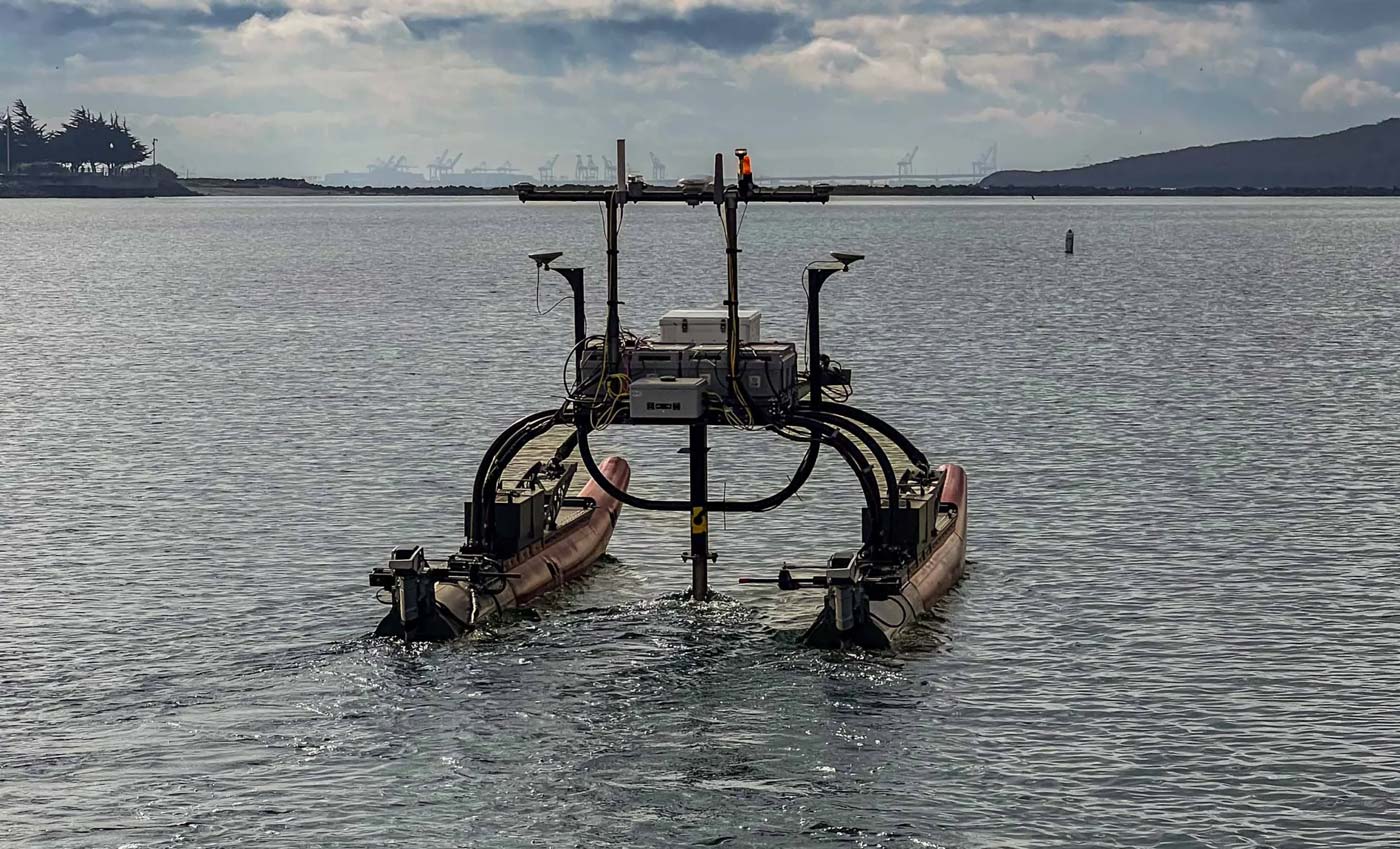Essential Boat Safety Tips: Stay Safe on the Water
Spending time on the water is an enjoyable experience, whether you’re fishing, cruising, or engaging in watersports. However, safety should always be a top priority. Being prepared and following proper boating protocols can prevent accidents and ensure a smooth, enjoyable ride. Here are some essential boat safety tips to keep in mind.
1. Wear a Life Jacket
Life jackets save lives. Ensure that every passenger on board has a U.S. Coast Guard-approved life jacket that fits properly. Even strong swimmers should wear one, especially in rough waters or unpredictable weather conditions.
2. Check Weather Conditions
Before heading out, always check the weather forecast. Sudden storms, strong winds, or rough waters can be dangerous. If the forecast predicts bad weather, it’s best to postpone your trip.
3. Have Proper Safety Equipment
Every boat should be equipped with essential safety gear, including:
- Fire extinguisher
- First-aid kit
- Flares or distress signals
- Whistle or horn
- Throwable flotation device
- A working flashlight with extra batteries
4. Follow Navigation and Boating Rules
Just like on the road, there are rules on the water. Familiarize yourself with boating navigation rules, right-of-way guidelines, and speed limits. Following these rules reduces the risk of collisions and ensures a smooth boating experience.
5. Avoid Alcohol and Drugs
Boating under the influence is illegal and dangerous. Alcohol impairs judgment, coordination, and reaction time. Stay sober while operating a boat to keep yourself and others safe.
6. Maintain and Inspect Your Boat
Regular maintenance is crucial for safe boating. Check the engine, fuel levels, steering system, and all safety equipment before setting out. Ensuring your boat is in top condition helps prevent mechanical failures on the water.
7. Inform Someone of Your Plan
Before heading out, let someone know your float plan. Share details such as your expected departure and return time, your route, and emergency contact information. This information is valuable in case of an emergency.
8. Take a Boating Safety Course
Enrolling in a boating safety course can provide valuable knowledge on handling different situations on the water. Many states require boaters to complete a safety course before operating a vessel.
9. Be Mindful of Carbon Monoxide
Engines and enclosed areas on boats can produce carbon monoxide, which is odorless and deadly. Ensure proper ventilation and be aware of symptoms like dizziness, nausea, or headaches, which could indicate carbon monoxide poisoning.
10. Respect Marine Life and the Environment
Boaters should respect wildlife and keep waterways clean. Avoid littering, dispose of waste properly, and follow regulations to protect marine ecosystems.
Final Thoughts
Boating is a fantastic way to enjoy the outdoors, but safety should always come first. By following these essential safety tips, you can have a worry-free and enjoyable experience on the water. Always be prepared, stay alert, and respect the rules to ensure a safe trip for yourself and others.
Stay safe and happy boating!

